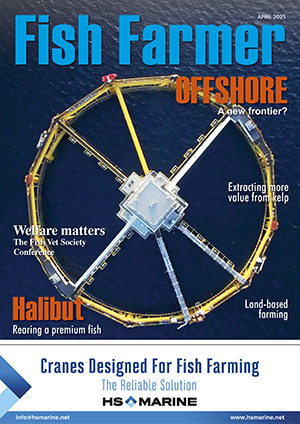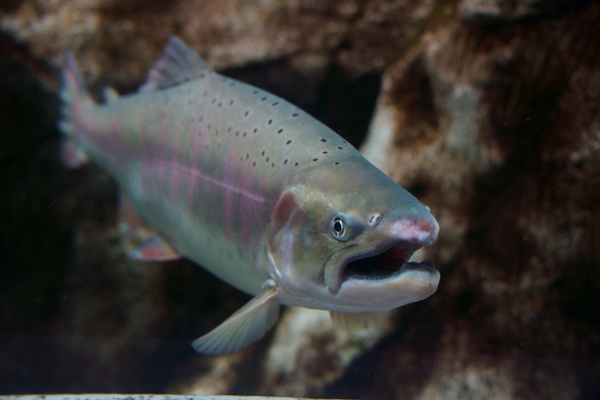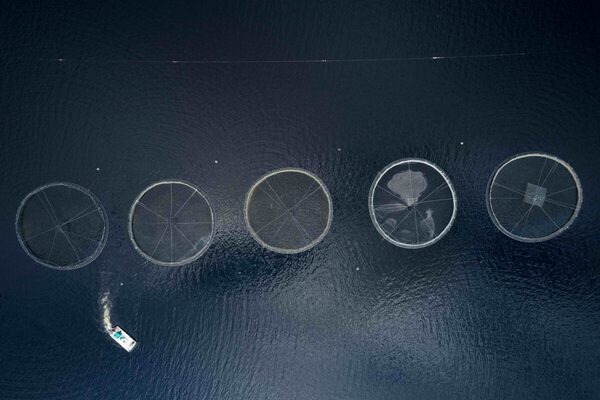Canada: a heavy price for change
British Columbia’s salmon farmers say plans to scrap the existing model of aquaculture would prove ruinous for farmers, indigenous people and the Canadian state.
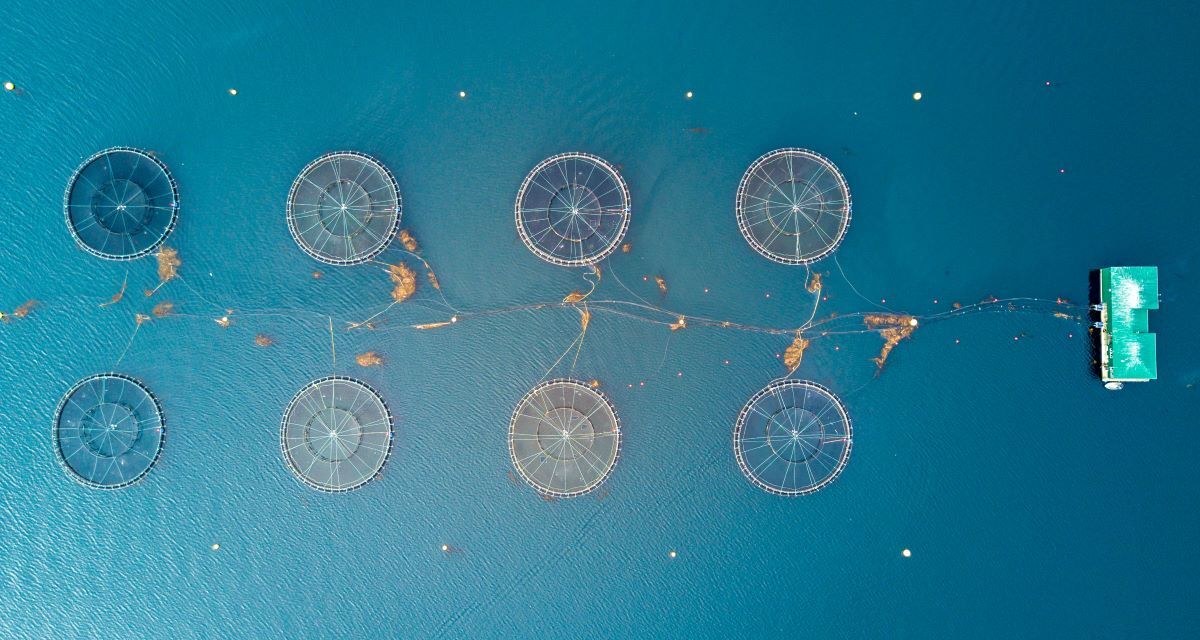

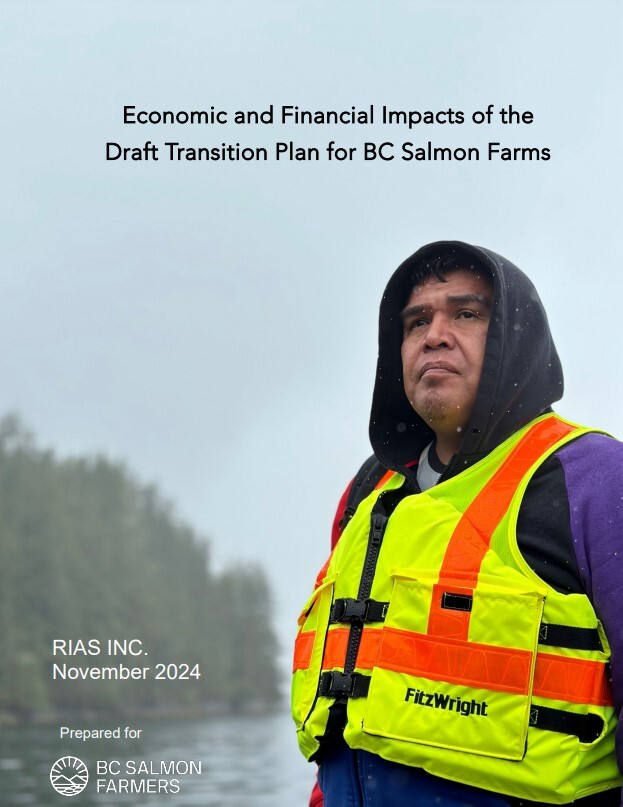
A new economic impact report concludes that the Trudeau government’s proposed ban on current marine net-pen salmon farming in British Columbia will have severe consequences for the Canadian economy, indigenous communities and food security.
The report, commissioned by the BC Salmon Farmers Association (BCSFA) and carried out by RIAS Inc, found that the ban announced in June and the current proposed draft transition plan would result in at least CAN $9bn (£5.05bn) in unnecessary costs to Canadian taxpayers to compensate for the sector’s closure, and to subsidise unproven closed containment technology companies.
Highlights in the report include annual losses of:
• $1.17bn (£656m) in economic activity
• $435m (£244m) in GDP
• $133.6m (£75m) per year to First Nations
• 4,560 well-paid full-time jobs across Canada
• Elimination of a further 50,000 tonnes of farm-raised Canadian salmon

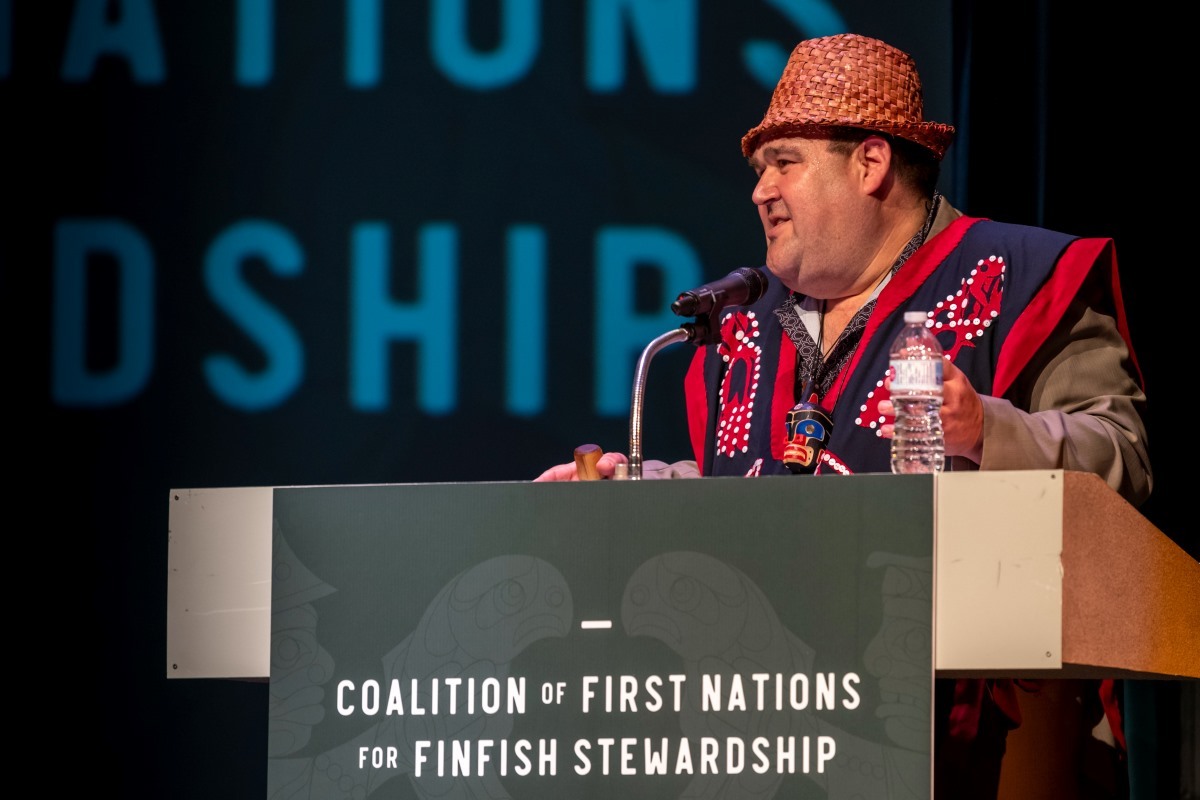
“The proposed ban is a reckless decision by the Trudeau government that ignores both science and economic reality,” says Brian Kingzett, Executive Director of the BC Salmon Farmers Association. “BC salmon farming companies, suppliers and First Nations within whose territories we operate have communicated to the federal government that transition cannot be a ban on marine net-pen salmon farms in less than five years and maintain a viable farmed salmon sector.”
The report was announced at a press conference in Ottawa at the end of November by the Coalition of First Nations for Finfish Stewardship (the Coalition) alongside David Kiemele, Managing Director of Cermaq Canada, representing the salmon farming sector in BC.
“What wasn’t included in the $9bn bill to Canadian taxpayers announced today is the social cost to First Nations if Ottawa continues to ignore the rights, title, and self-determination of coastal Nations hosting salmon farming in their traditional territories,” says Dallas Smith, spokesperson for the Coalition. “You cannot cut a cheque for the damage that will occur to impacted indigenous communities if our salmon farming partners are forced to leave BC. This includes increased suicides, overdoses, poverty and the loss of our rights. Canada can avoid these unnecessary social and economic costs if they let Rightsholder First Nations lead the transition of salmon farming in their territories.”
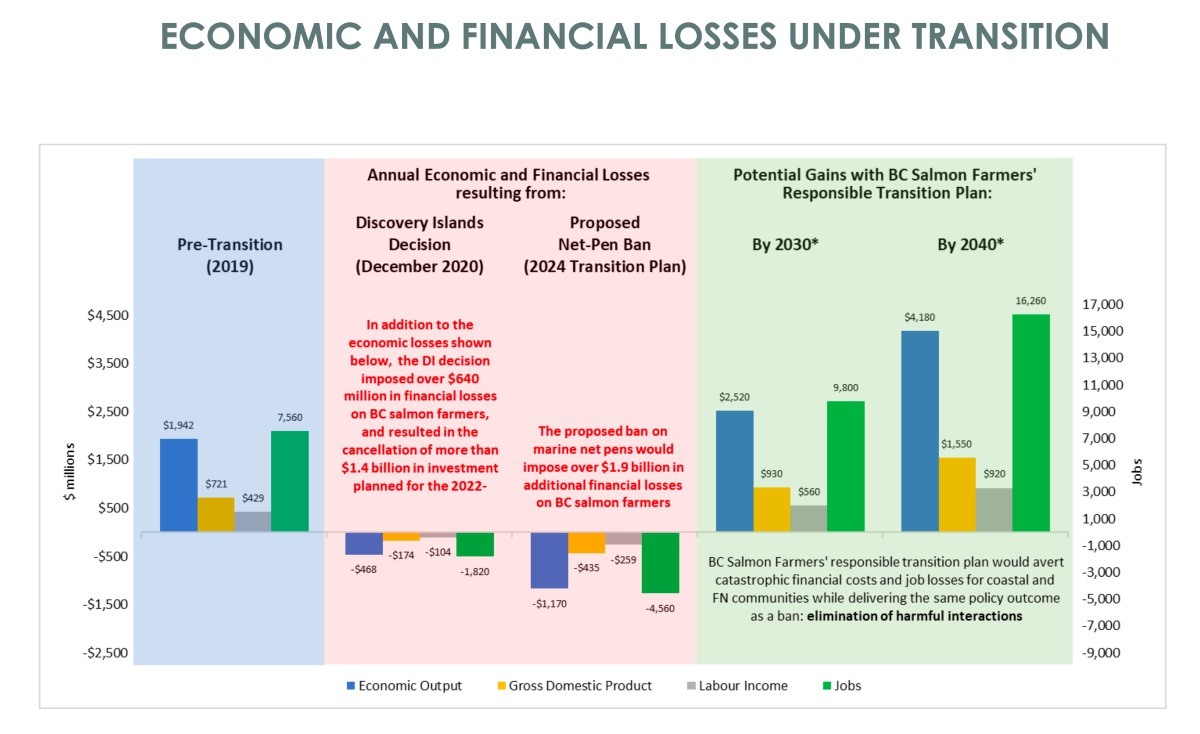
BC salmon farmers have been committed to continuous innovation. Mandating the sector to transition to unproven technologies in a short time frame ignores the willingness of BC salmon farmers to administer alternative innovations that can achieve the same outcome. Innovative solutions need to be tailored to unique coastal characteristics and aligned with the goals of the Rightsholder First Nations who host salmon farms in their territories.
“Unfortunately, these decisions made by the Trudeau government seem to have been co-opted by well-funded, anti-salmon farming activists, who have spent years pushing the false narrative that salmon farms significantly threaten wild Pacific salmon when peer-reviewed science says they do not,” says Kingzett.
Not everyone agrees. Environmental groups have welcomed the transition plan and the indigenous communities of Canada’s Pacific coast are sharply divided on the issue.
The BCSFA argues, however, that independent scientists have repeatedly concluded that salmon farms pose no more than “minimal risk” and long-term data continues to indicate that salmon farms are not a driver of sea lice levels on wild Pacific salmon.
The association says: “The removal of salmon farms in BC will not impact the population levels of wild Pacific salmon. As residents of coastal communities, salmon farmers understand their responsibility to support the well-being of wild Pacific salmon.”
The BCSFA and the Coalition have urged Prime Minister Trudeau to consider a more realistic, no-cost-to-taxpayers alternative to transition that would achieve the same outcome as a ban without imposing devastating impacts on the sector, on First Nations’ rights, and on coastal communities in BC.
“Given the trade and economic crisis that this country continues to face, there’s an opportunity for the government to pivot to a positive direction on the future of salmon farming in BC,” says Smith. “We are part of the solution.”
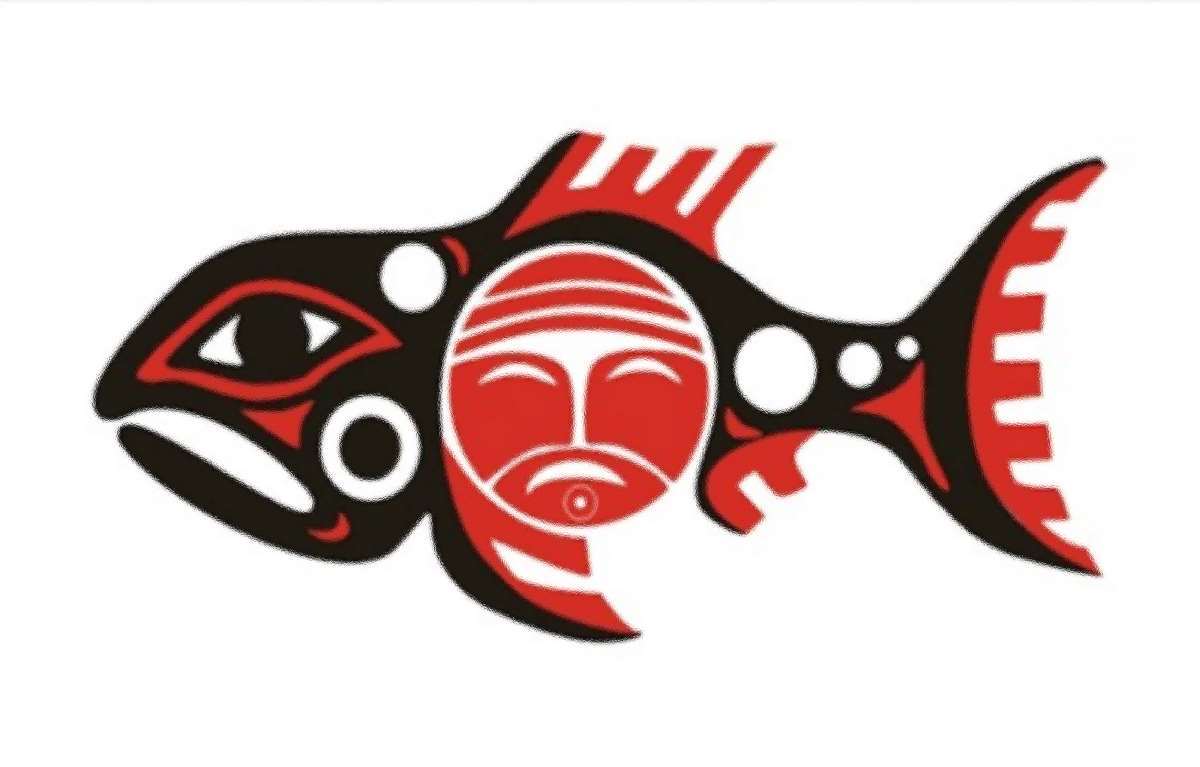
Transition plan for British Columbia
The Government of Canada’s Salmon Aquaculture Transition Plan for British Columbia lays out what the government calls “a responsible approach to transform the marine salmon aquaculture sector in BC”, while working with First Nations, workers, communities and Canadians throughout the transition.
The plan outlines a path forward in four key areas:
• support for First Nations, workers, and communities through this transition.
• identifying economic supports for the adoption of innovative and clean aquaculture technology.
• milestones, principles and criteria for the phase down of salmon open net-pen aquaculture.
• management of open net-pen salmon aquaculture until the ban is fully implemented.
It includes a commitment to identify opportunities and priorities to support the trial and adoption of “innovative and clean aquaculture technology, including marine and land-based closed containment”.
The document asserts that attracting new innovation and investment in the sector will support BC becoming a world leader in innovative and clean aquaculture technology development and adoption.
Some are sceptical, however, whether what is still largely untried technology could replace British Columbia’s aquaculture sector in just five years.
